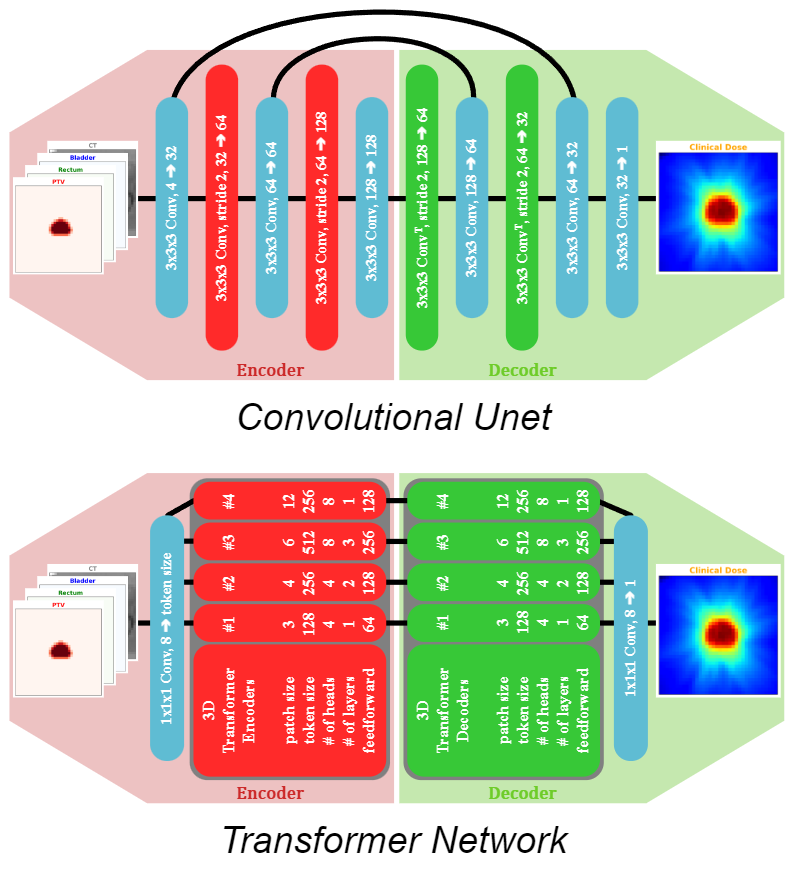
The study evaluates the use of a 3D transformer architecture for dose prediction in radiotherapy, comparing it to the traditional 3D U-net. While the transformer model showed comparable performance in dose prediction, it required significantly more training time due to computational demands. The findings suggest that the benefits of transformers may not outweigh their costs for this application, though their ability to integrate multiple data modalities could be advantageous in future clinical applications. Further optimization or hybrid approaches are needed to make transformers practical for radiotherapy dose prediction.
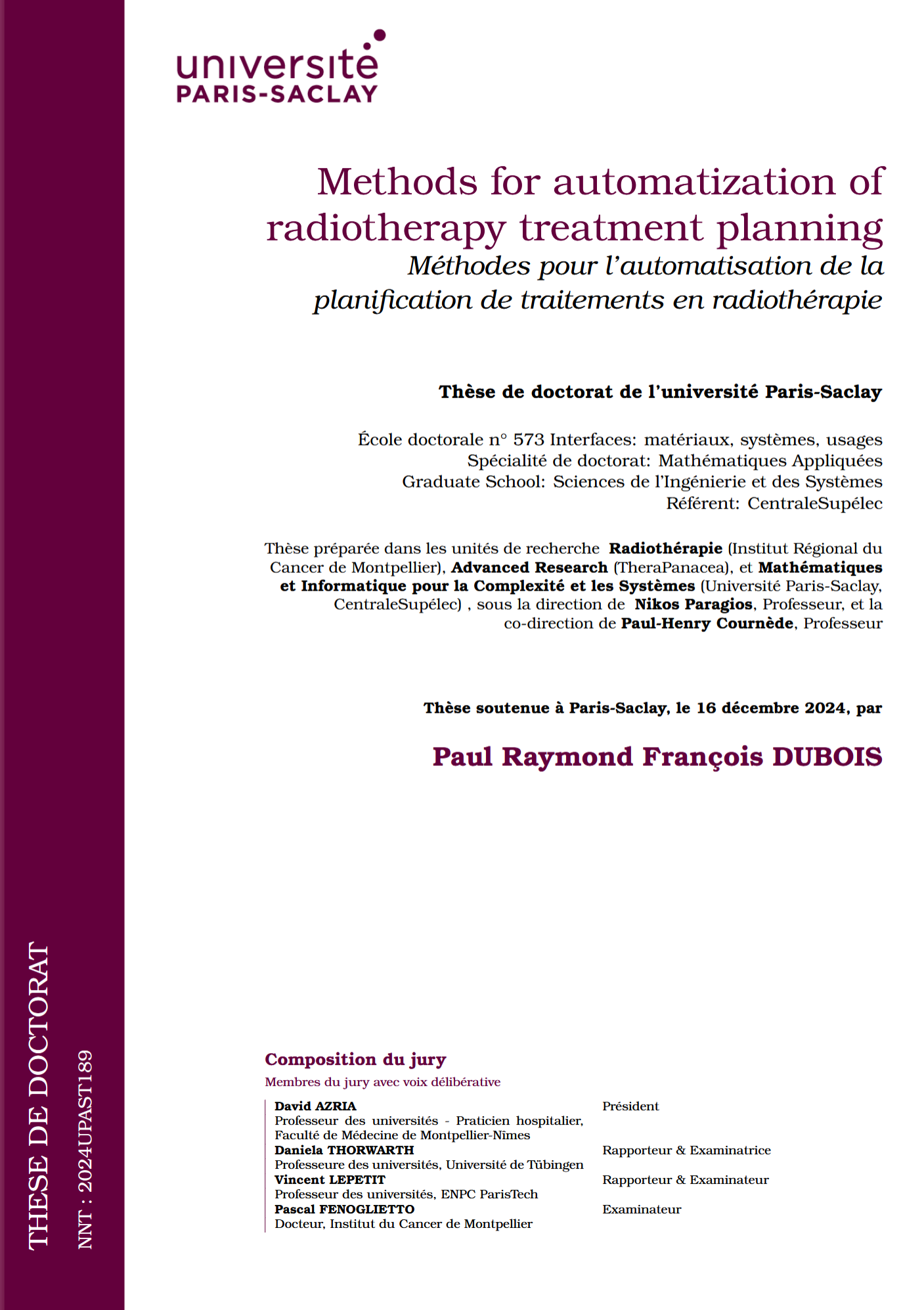
My PhD manuscript is about the use of deep learning in radiotherapy treatment planning.
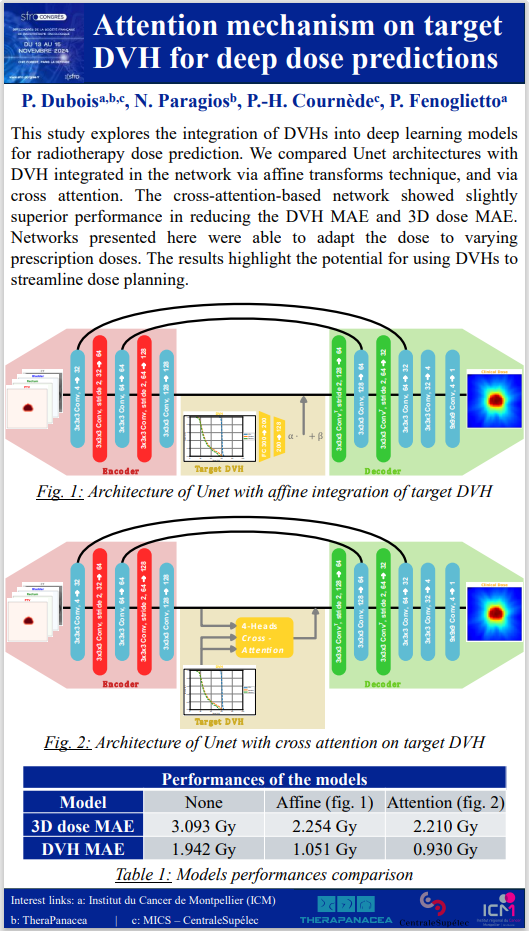
This poster explores using attention mechanisms in deep learning models to predict dose-volume histograms (DVH) for radiotherapy dose distributions predictions. By focusing on DVH targets, the model enhances accuracy in capturing complex spatial dose patterns. This approach aims to streamline treatment planning and improve personalized dose predictions in radiotherapy.
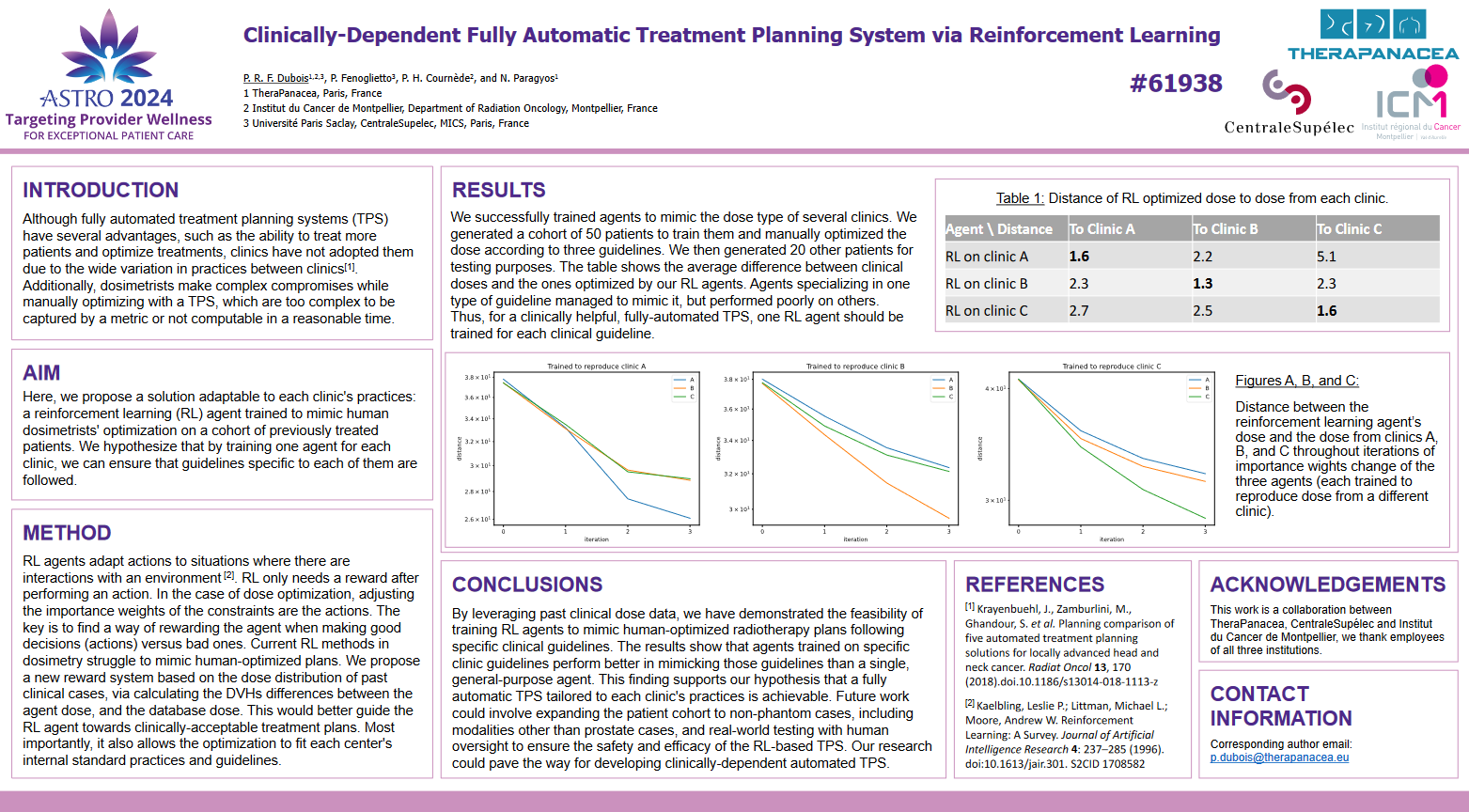
Poster on the use of reinforcement learning agents to automate the radiotherapy dose optimization following specific clinical guidelines.
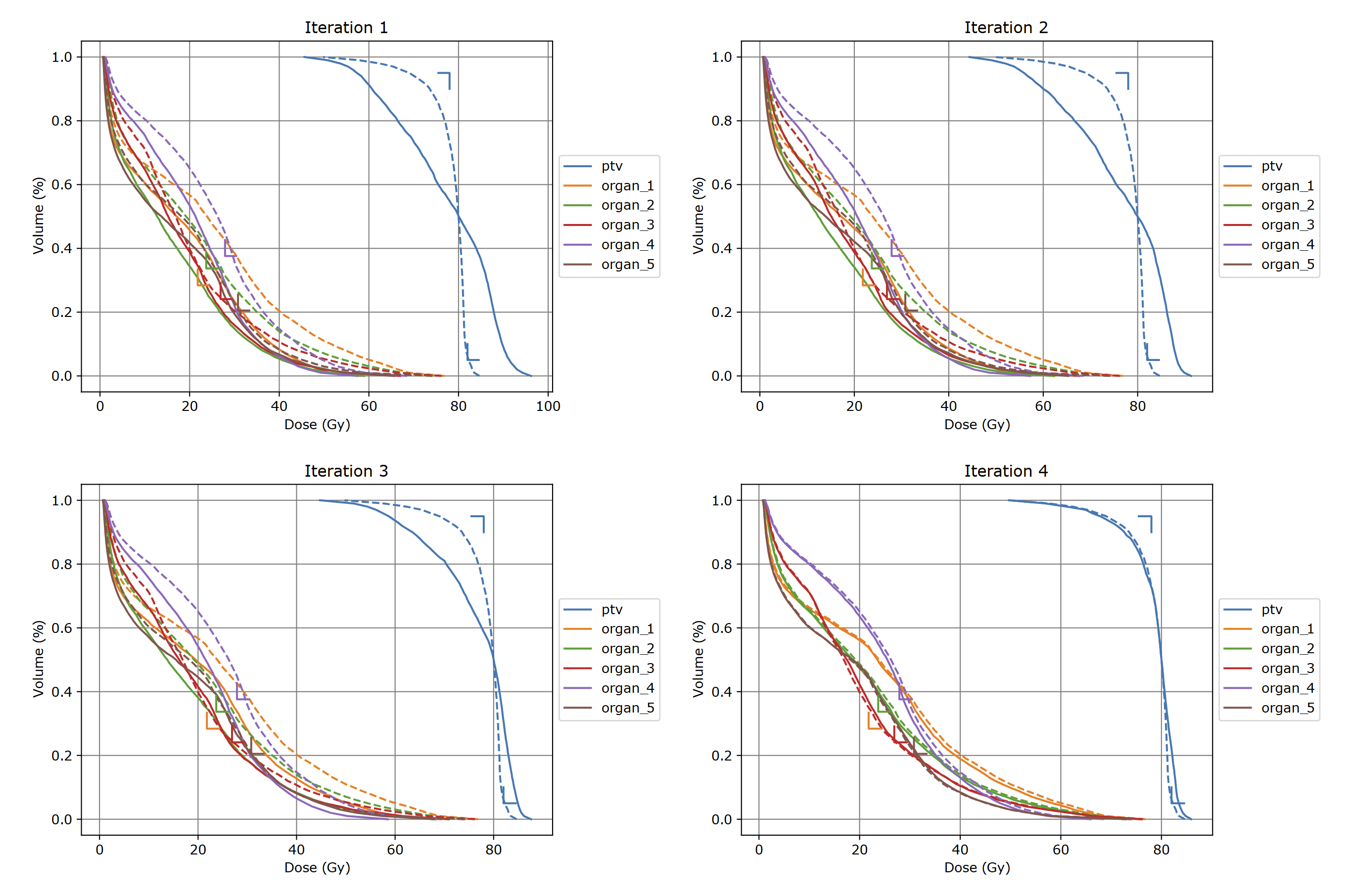
We present a deep-learning framework to automate radiation therapy planning, traditionally balanced manually with expert biases. By training a reinforcement learning agent on synthetic patient data to mimic expert plans, our approach navigates toward clinically acceptable dose distributions. This method lays groundwork for future, fully automated treatment planning systems.
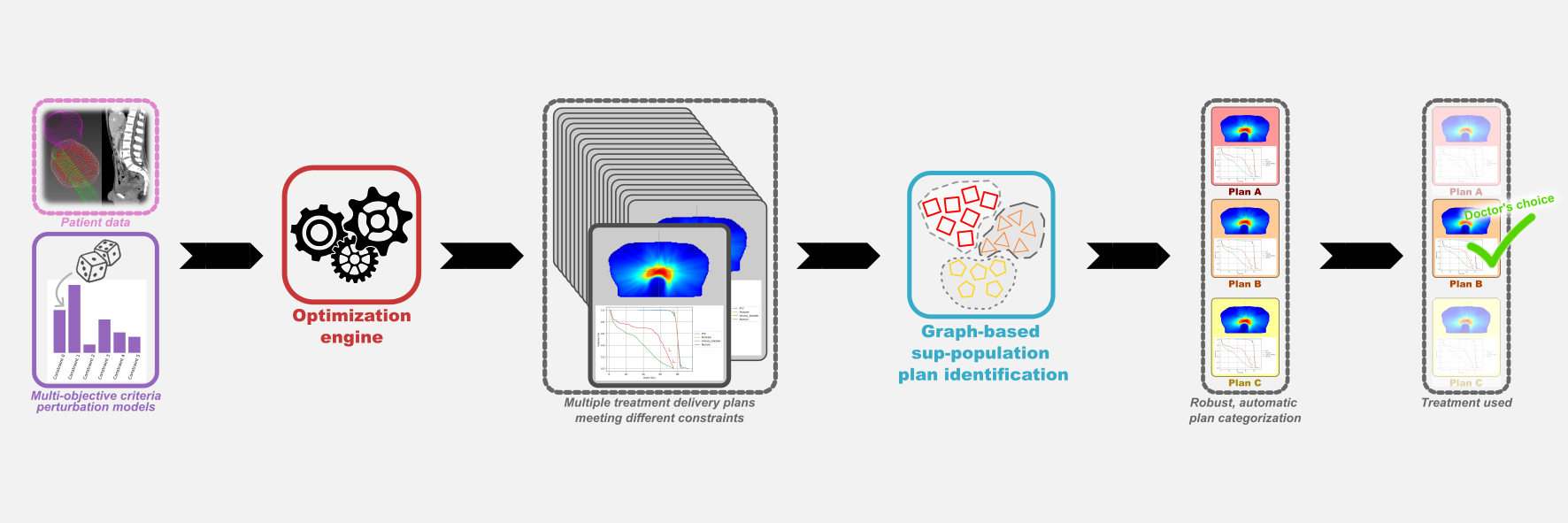
This study presents a novel framework for optimizing radiation therapy planning by generating multiple treatment plans with randomized constraint weights and clustering them based on dose distribution similarities using advanced graph-theory techniques. The approach reduces the variability and subjectivity in plan selection, providing clinicians with a manageable number of robust, data-driven options. The method demonstrates significant potential for improving treatment outcomes and efficiency by minimizing expert bias and streamlining the optimization process.
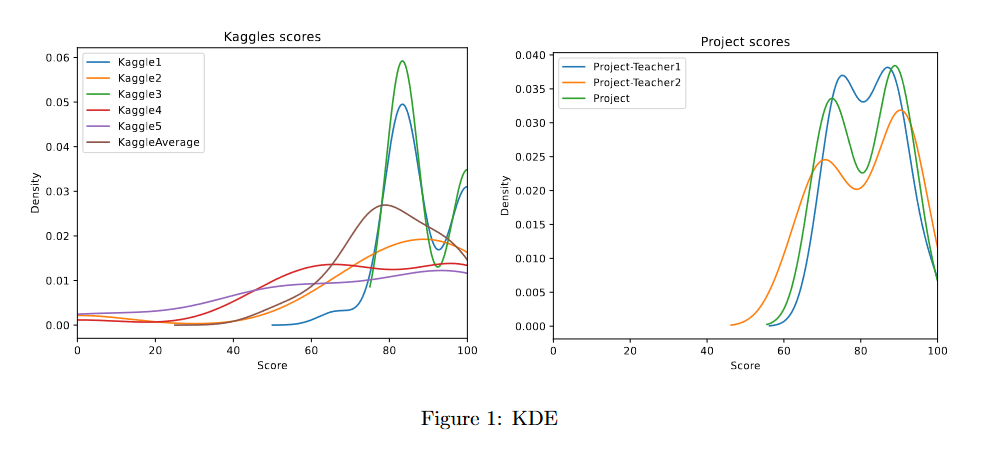
Article on network the correlation between (biased) examiners and automatic marking (unbiased). This aims for a better understanding of unfair marking, and ultimately improve the quality of education at university level.
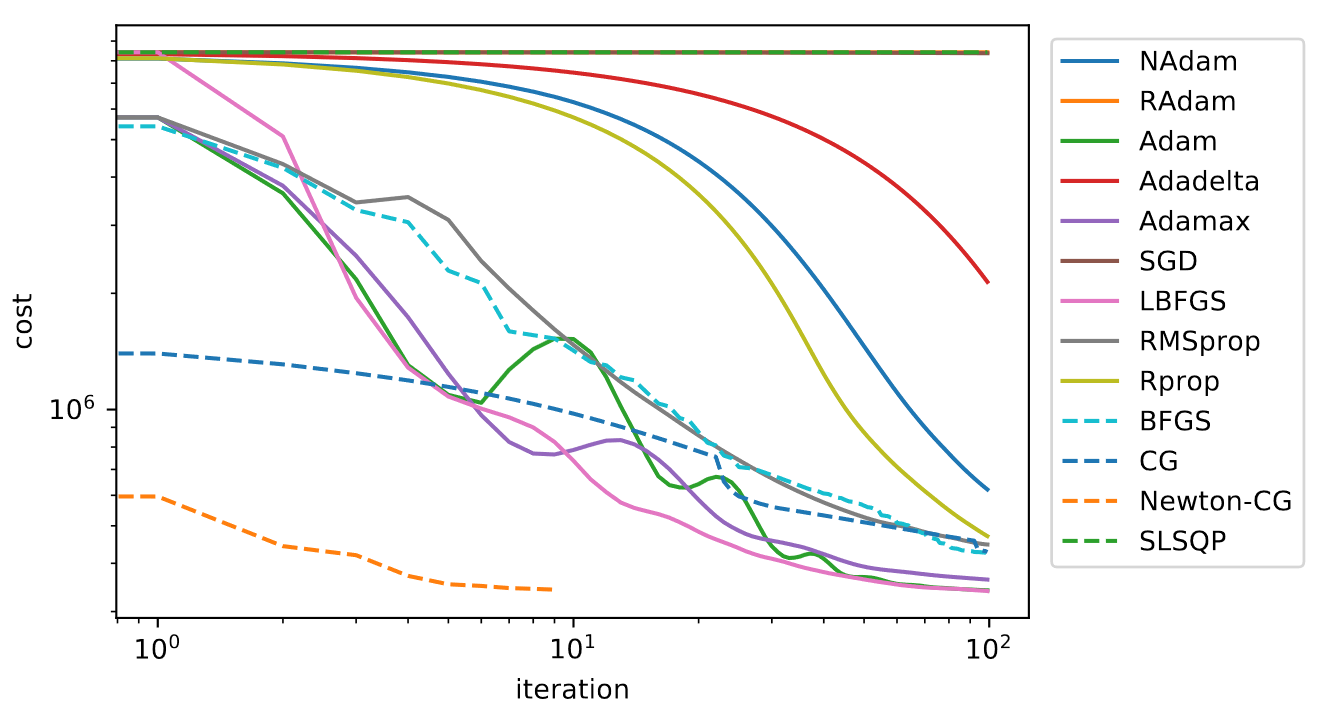
Radiotherapy dosimetry plays a crucial role in optimizing treatment plans for cancer patients. In this study, we investigate the performance of a dozen standard state-of-the-art open-source optimizers for radiotherapy dosimetry. Our evaluation includes the use of TGG119 benchmark cases as well as one real case obtained from the Institute du Cancer de Montpellier (ICM).
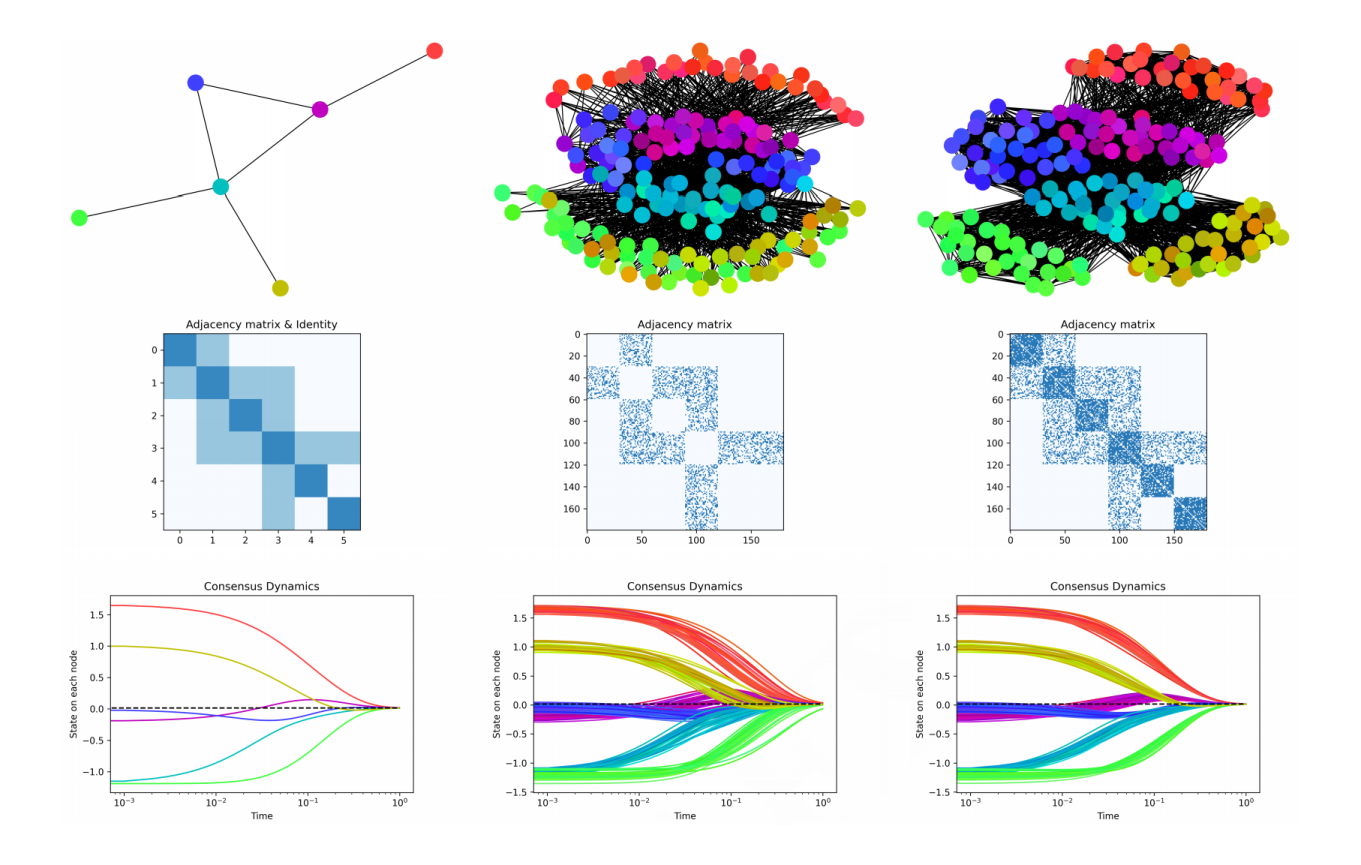
Article on network modelisation using blocks and role model. We develop techniques that can be used to reduce the size of a network, while not affecting the model’s accuracy.
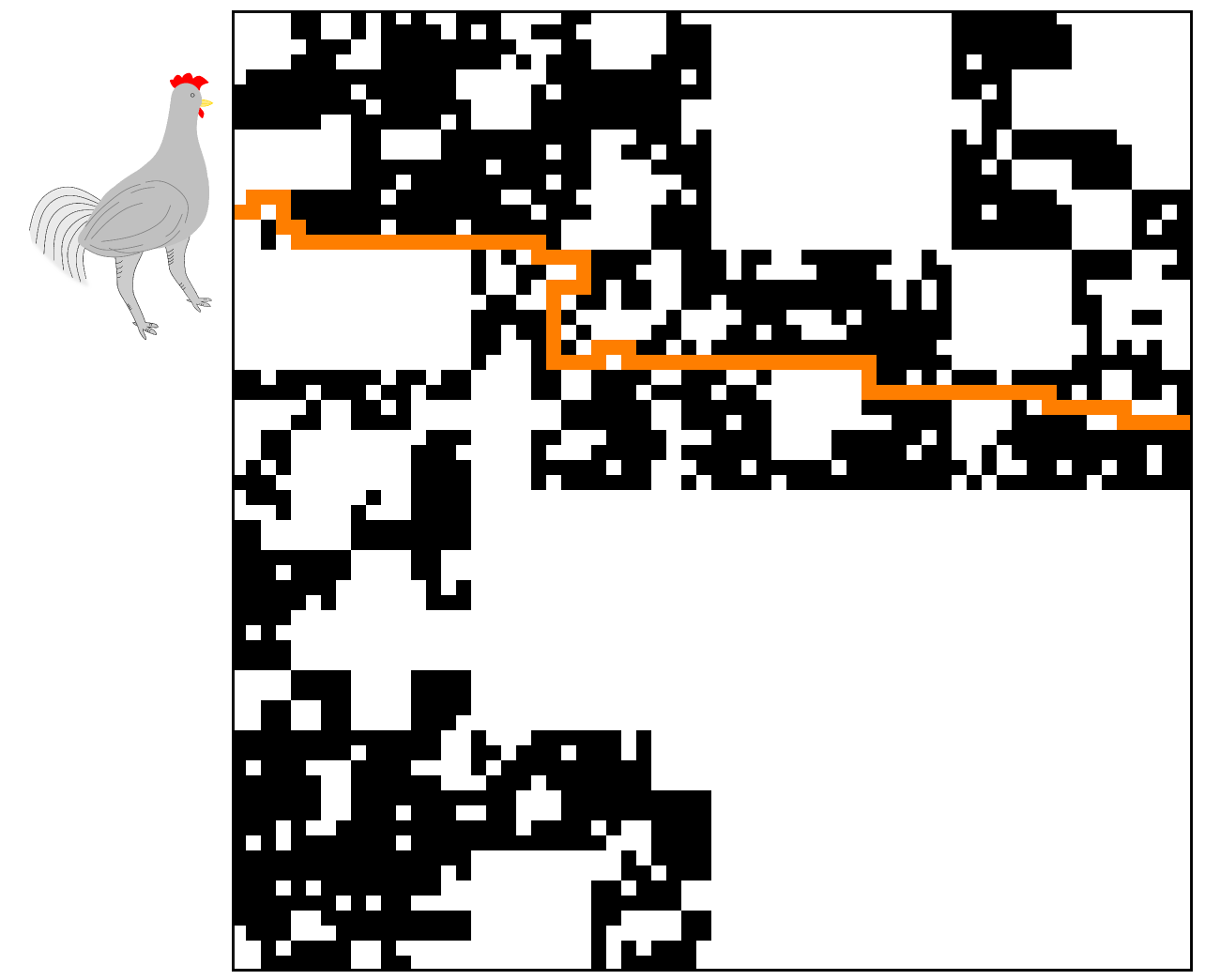
Mathematical dissertation on Random Fractals, in the context of my master in mathematical sciences at
Oxford.
The object of interest is a certain type of random fractals called percolations.
The paper studies the probability that a crossing of the percolation exists.

Mathematical project on Modular Forms, in the context of my integrated master in mathematics at UCL.
This projects is about modular forms when looked modulo 2.
In particular, the paper studies the (nilpotent) Hecke operators.